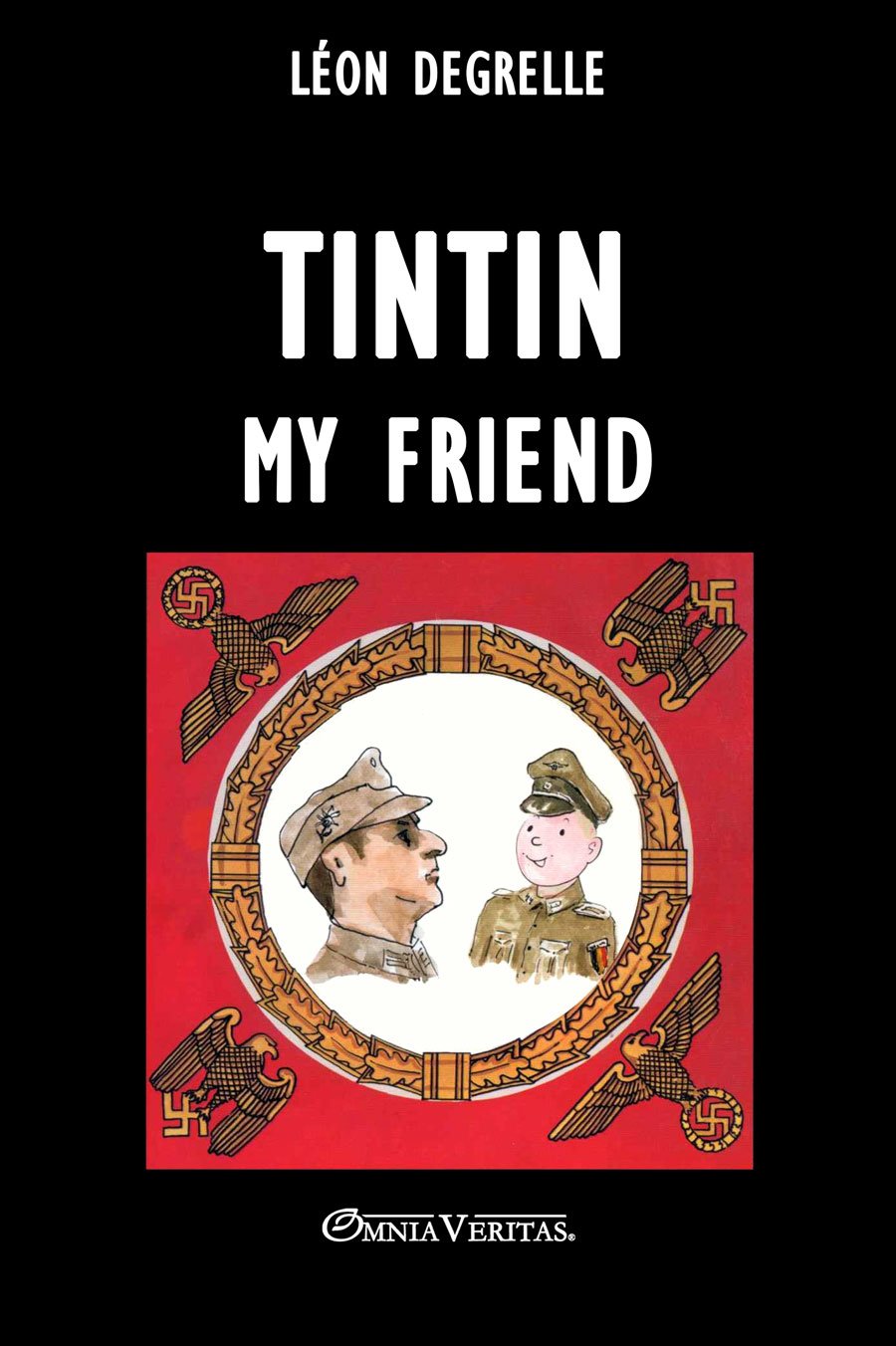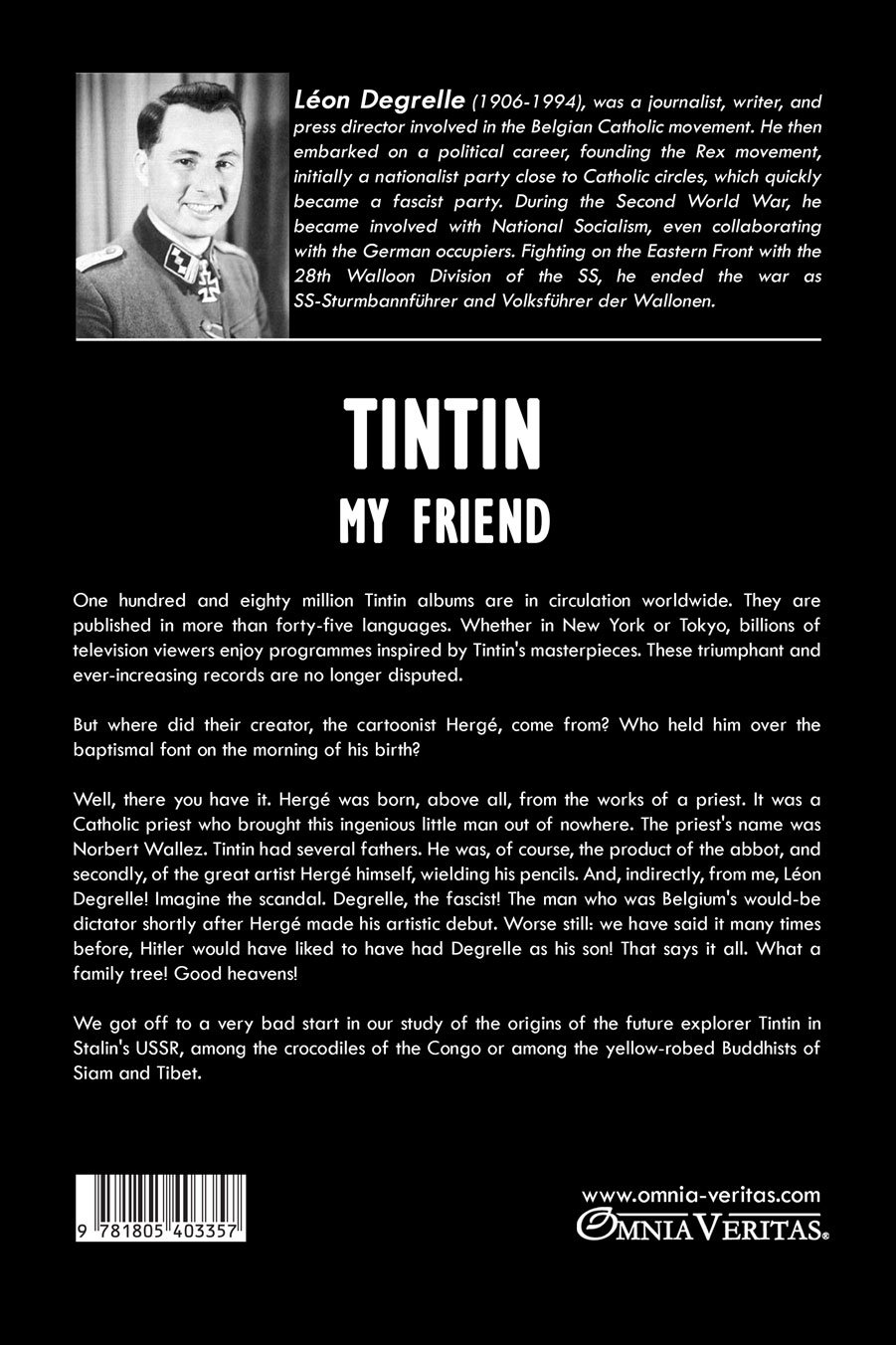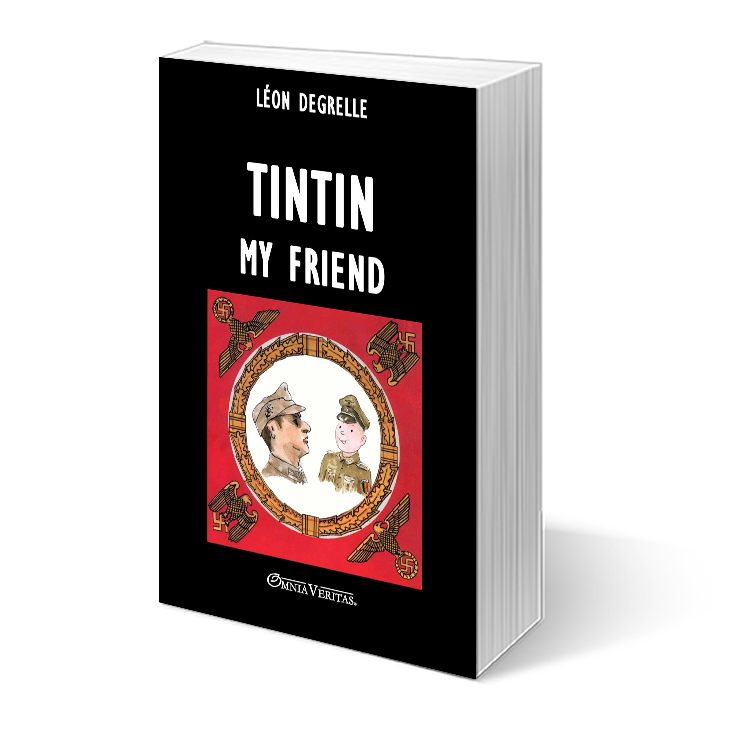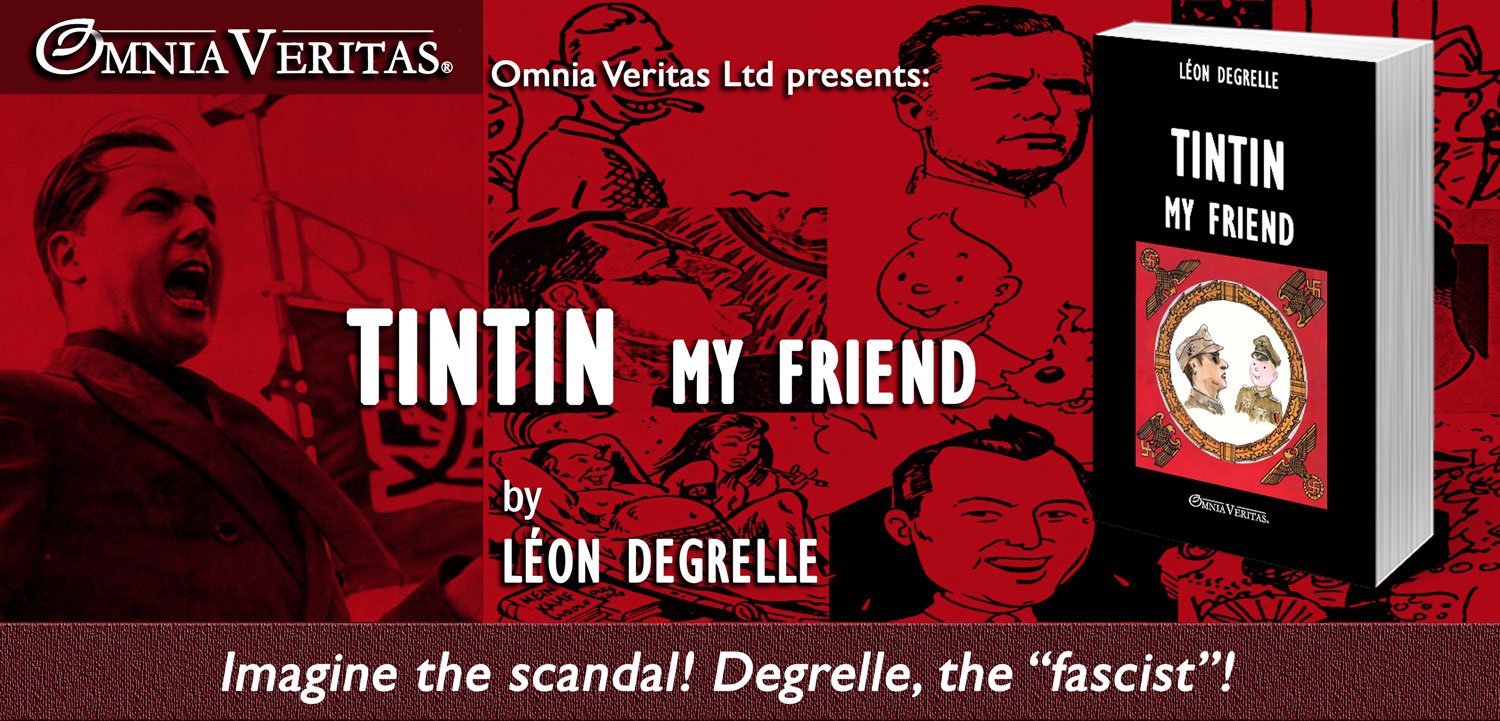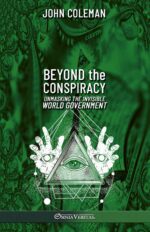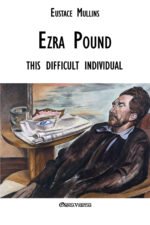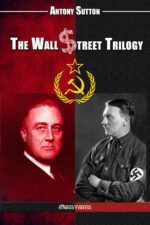But where did their creator, the cartoonist Hergé, come from? Who held him over the baptismal font on the morning of his birth?
Well, there you have it. Hergé was born, above all, from the works of a priest. It was a Catholic priest who brought this ingenious little man out of nowhere. The priest’s name was Norbert Wallez. Tintin had several fathers. He was, of course, the product of the abbot, and secondly, of the great artist Hergé himself, wielding his pencils. And, indirectly, from me, Léon Degrelle! Imagine the scandal. Degrelle, the fascist! The man who was Belgium’s would-be dictator shortly after Hergé made his artistic debut. Worse still: we have said it many times before, Hitler would have liked to have had Degrelle as his son! That says it all. What a family tree! Good heavens!
We got off to a very bad start in our study of the origins of the future explorer Tintin in Stalin’s USSR, among the crocodiles of the Congo or among the yellow-robed Buddhists of Siam and Tibet.
